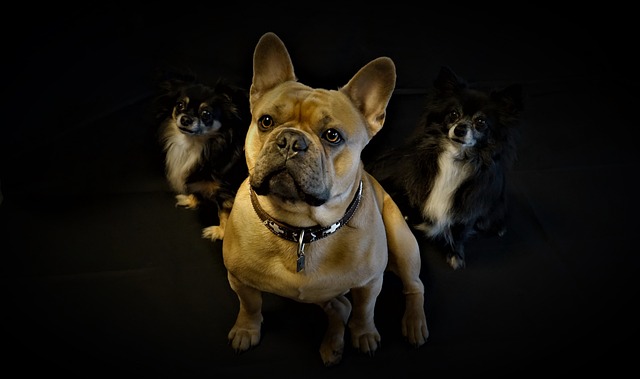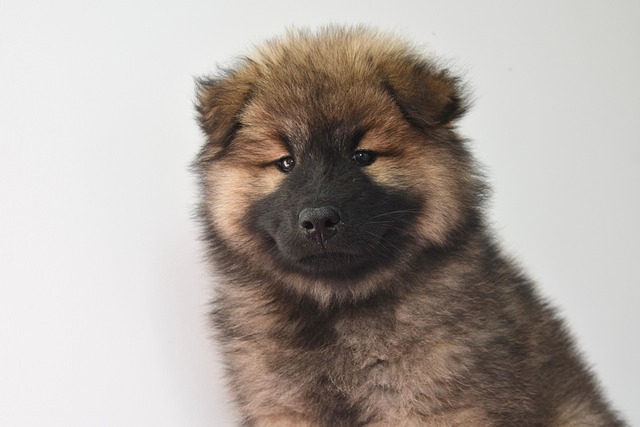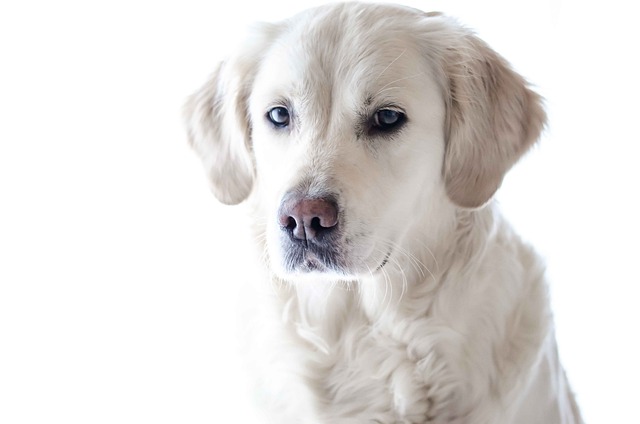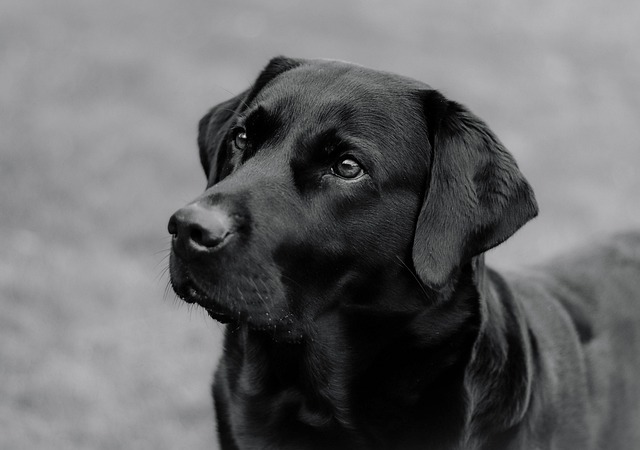Your Pug, Winston, squints after chasing leaves through Chicago’s autumn wind, leaving reddish tear stains on your apartment sofa. Those bulgy eyes that make him adorable also put him at high risk for infections. Preventing issues isn’t just about comfort – it’s central to responsible ownership in modern America. Here’s how to protect those expressive eyes while honoring your civic duties.
Canine eyes are vulnerable to irritants: pollen in Central Park, dust from apartment renovations, or bacteria from muddy dog parks. Breeds with prominent eyes (Pugs, Shih Tzus) or shallow eye sockets (Boxers) are especially prone. Prevention starts with daily visual checks: clear, bright eyes with minimal discharge are healthy. Crusty buildup or greenish gunk? Time for your vet – never use leftover medication. Early intervention stops minor irritation from becoming painful conjunctivitis.
Gentle hygiene is key. Wipe corners daily with saline-soaked cotton balls (never tissues – they shed fibers!). Moisten, press gently against debris for 5 seconds to soften, then wipe outward. For tear stains, use vet-approved canine eye wipes – human products disrupt pH balance. If Winston resists, employ positive reinforcement training: reward calmness with turkey before touching his face. Yanking his collar (unacceptable under U.S. animal welfare codes) creates fear, making future care traumatic.
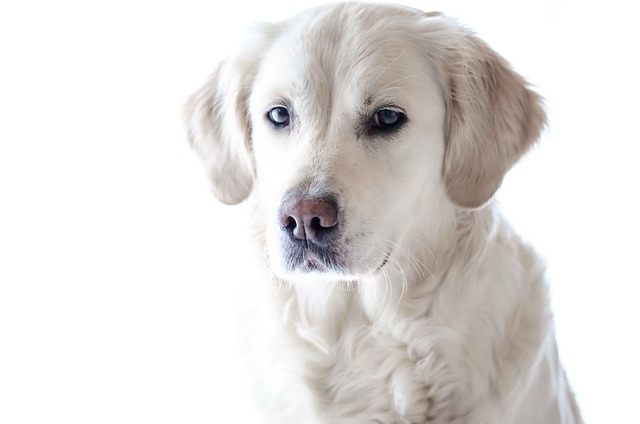
Environmental management matters. In apartments, avoid aerosol sprays near Winston’s bed – airborne chemicals trigger inflammation. Use harnesses instead of collars; pressure on the neck increases eye pressure. During walks in shared spaces like Boston Commons, carry biodegradable bags. Promptly scooping poop isn’t negotiable – it’s legally required to prevent parasite transmission and neighborhood conflicts. Keep Winston leashed; unexpected approaches may cause eye-poking incidents with bushes or other dogs.
Proactive healthcare prevents disasters. Ensure Winston’s rabies vaccine is current (federally mandated) and discuss canine distemper vaccination – it prevents viral eye infections. Trim facial hair monthly using rounded scissors (have a partner distract him with peanut butter). For dry winters, run a humidifier. Feed omega-3 rich diets to support tear film health. If you notice squinting or pawing at eyes, request a fluorescein stain test to catch ulcers early.
Remember: prevention aligns with the "Five Freedoms" – freedom from pain and discomfort – championed by U.S. animal welfare groups. Consistent care reduces vet emergencies and strengthens your bond with Winston, proving that proactive love is the best medicine.



